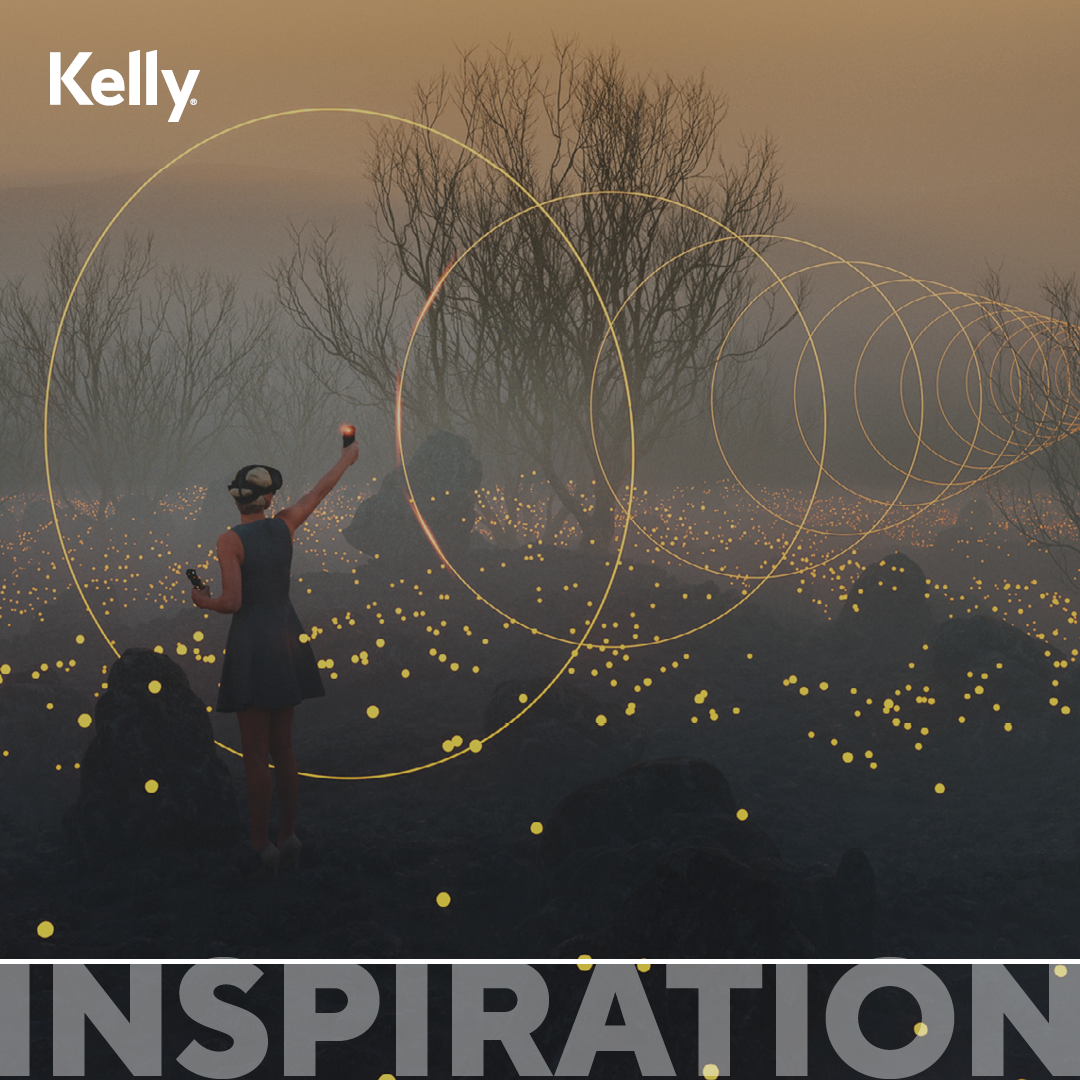
The French government has invested hundreds of millions of euros into the Biotech industry in France, aiming to secure its place as one of the strongest Biotech actors in the world. But to use that money, the industry needs more talent than is currently available. How are specialist recruitment partners like Kelly, and the Biotech companies they work with, innovating to find the talent they need?
It’s a familiar story - a booming industry that is hungry for talent, but a weak pipeline of candidates that can compete at the level required of them. Biotech is a fast-paced and often highly technical industry; training and experience don’t come overnight.
In some ways, the increased use of artificial intelligence and automation reduces this burden. But roles relating to increased automation, such as operators, bioproduction technicians and maintenance roles, are also in high demand. Skills in AI and machine learning are also highly sought after in many industries. And of course, there is always a need for highly experienced, educated and skilled scientists, even when you have automated as much as possible!
The French government prioritises four key areas: oncology, cell and gene therapies, new biological systems for the production of these therapies and the establishment and optimisation of manufacturing sites. So how are the businesses in these areas tackling the shortage of talent?
Hot topic at the France Bioproduction Congress 2022
Kelly Life Sciences was the only recruitment partner at this year’s France Bioproduction (by Polepharma and The Medicen Cluster) Congress on 7 and 8 April 2022. Amadou Tall, PhD, one of our scientist-turned-Business Leaders, led a roundtable discussion with 20 attendees from top Biotech companies in France. The focus was, of course, on innovations to help create a strong pipeline of life sciences talent. These are some of the key talking points from that event.
Major players train their own talent from scratch
One of the approaches discussed was the creation of bespoke academic courses, such as SupBiotech’s Bachelor’s degree in Biotechnology. The course, now launched, has its first year of students enrolled. It is designed to provide students with the knowledge to support the new production methods that are being employed and analyse the biological models that are now used.
The beauty of this approach is that it improves the employability of the graduates as well as increasing their suitability for work in this industry when compared to traditional courses that do not evolve as quickly.
For businesses that cannot run their own degree courses, it is still possible to support training programmes in a professional capacity. For example, by getting senior scientists involved in teaching, mentoring and running talks and workshops. Actively finding and reaching out to training providers to open a door into your organisation is a great way to support these initiatives and build a strong network with the scientists of tomorrow.
Small, fast-moving start-ups need talent that’s ready to go
But what about smaller, newer organisations that don’t have the time or resources to create a whole degree programme?
Well, internships and apprenticeships, although not new, are also valuable approaches for getting existing employees up-to-speed with the latest technologies and techniques. For example, training scientists from other fields in bioproduction (e.g., proteins, vectors, analytics). They can also provide a way to turn candidates with traditional skills and education into multi-skilled workers, for example by introducing applied data science skills.
Additionally, the current situation creates the perfect market for contractors. People with highly sought-after skills know their value, and many are taking advantage of the opportunity to work on short or medium-length contracts to boost their income. But that can make them unaffordable to a start-up that needs to hire multiple roles, or even whole departments. Working with a recruitment specialist to create contract-to-permanent roles is a relatively novel way of harnessing that workforce and tempting them ‘perm side’ while still offering that initial flexibility that they desire - and allowing the company to ensure they are a good fit during the contract phase).
A hybrid approach
There are many ways to mix-and-match traditional skills, education, experienced scientists and recent grads to give the desired effect. When managing a hybrid approach, though, there is an intrinsic need to operate with both scientific and recruitment knowledge.
This is not a purely skills-based issue - it’s to do with managing people, careers and networks of contacts. For example, to identify role profiles from non-life sciences industries (aeronautics, food production, manufacturing, data science) that have valuable transferable skills. Then, to identify routes to attract, train and retain them. And then, to identify late-career scientists who can become the mentors and trainers of the next generation of scientists that are arriving at factories with the knowledge but no experience.
There is also a strong case to be made for building your brand and reaching out beyond your usual network. Involvement in the science and research ecosystem, through trade associations, for example. But also by considering job spec requirements and where you advertise to ensure you’re visible to those wishing to cross into the sector from other fields.
And the biotech industry has a lot to offer - salaries are high and candidates can expect good job security while competition for talent is so high. With a global pandemic still ongoing, there’s also newfound interest in life sciences careers.
Why work with specialist recruiters?
Over 70% of Kelly Life Sciences consultants are scientists, many with PhDs and experience working within the industry, which means that they understand the scientific landscape and the pain points that organisations face. We also maintain strong relationships with schools, professional associations, multinational organisations and start-ups. We are still seeing a strong interest in relocation, so this global network gives our clients a big advantage.
As well as this network, we also have the experience of designing bespoke solutions for companies of all sizes, which means we have seen first hand what works - and what doesn’t.
If you have roles that need filling (whether that’s one, or a whole department) or want specialist help managing the entire recruitment process, you can reach out for a no-obligation chat with one of our experts today.







